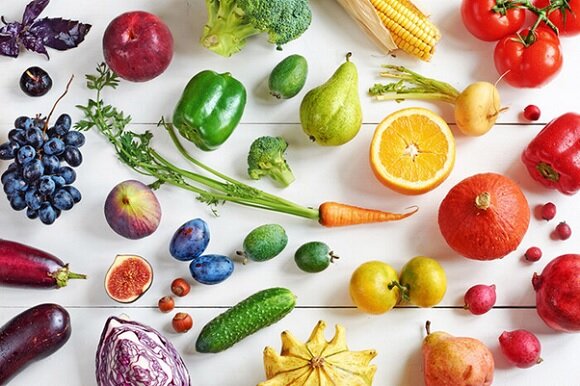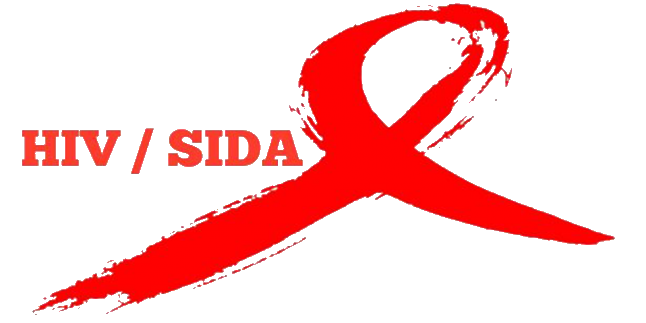Because HIV can directly destroy one’s immune system, it’s crucial to pay attention to good nutrition and food safety to maintain a healthy life. A balanced diet will also help people who are living with HIV to feel better.
What To Know About Food Safety?
To ensure food safety and prevent illness, knowing how to choose, prepare, and store food properly is of utmost importance. Here are some food safety guidelines to keep the germs at bay:
- Make sure that everything is clean. Wipe the counter, wash best cooking utensil sets (especially sharp utensils such as best deer skinning knife, scissors, forks…) and hands before and after preparing food.
- Wash all vegetables and fresh fruits with clean or saltwater.
- Cook all the meals (meat, fish, poultry) well done. It’s highly recommended to use a meat thermometer.
- Keep leftovers in the refrigerator below 40° Fahrenheit. It’s always better to have vacuum sealers for food storage at home.
- Heat the food to over 140° Fahrenheit and completely reheat the leftovers before eating.
- Use boiled water for drinking and cooking to reduce the risk of water-borne illness.
- Do not eat anything raw (raw eggs, raw seafood, raw meats).
- Always check the expiration dates on the packaging. Throw away anything that is past those dates or has been stored long ago.
- Defrost frozen foods in the refrigerator or microwave instead of at room temperature.
- Clean all utensils, knives, and cutting boards (especially ones that touch raw meat) with soap and hot water after each use and before using them again.
- Tap water can be contaminated with germs, so always check the public water supply’s quality or drink bottled water.

Fruit and vegetables have to be washed thoroughly before cooking.
Why Do Nutrition And Food Safety Matter In Responding To HIV?
Nutrition and food safety is an important factor at all stages of HIV. Food insecurity and malnutrition can accelerate HIV-related diseases and sabotage the patient’s response to antiretroviral treatment.
Nutrition And HIV/AIDS
Balanced nutrition plays an important role in maintaining well-being and long-term life, regardless of living with HIV/AIDS. Nutrition care and HIV are strongly related to each other because it helps people to maintain weight, stay healthy, and feel better overall.
On the other hand, HIV and malnutrition combine to weaken one’s immune system, make them sensitive to infections, and disrupt treatment progress. A person with HIV can be more at risk of malnutrition due to the following reasons.
Reduce Food Consumption
Malnutrition can increase fatigue and make people with HIV lose their appetite and have difficulty eating.
There are several reasons for a person to cut down their food intake. They may be suffering from infections or side effects from medical treatments. Depression from dealing with HIV can also make people lose their appetite.
Poor Absorption
HIV/AIDS affects the patient body’s ability to consume food. It may lead to poor absorption of nutrients, such as protein, vitamins, fats, carbohydrates, etc.
It is the most frequent cause of diarrhea, which is very common with HIV infection. Poor absorption can directly damage the proper functioning of the immune system.
Change In Metabolism
The fact remains that certain antiretroviral drugs and HIV itself can impede our metabolism.
Poor absorption can make individuals unable to digest properly, which leads to weight loss, growth floundering, and decreased physical activities. It also makes one’s body can’t adopt nutrients correctly.

Changes in metabolism can cause dramatic weight loss.
Related posts:
- Aromatherapy In The Care of HIV/AIDS: Is It Work?
- Creating Weekend Night Vibes Indoors With A Bar Set
- How To Use A Pizza Stone For Grill – Easy To Follow
Infections And Illnesses
Untreated HIV infection can make individuals sensitive to any infection and illness. It leads to an increase in energy needs, greater nutrient requirements, and body malfunction.
People with chronic illness may also experience loss of appetite, resulting in dramatic weight loss and reduce food consumption. The most common symptoms of illnesses caused by HIV infections are fever, anorexia, diarrhea, anemia, thrush, and frequent vomiting.
Impact Of Food Safety On HIV
Food safety and HIV/AIDS are intricately linked to each other. HIV infection can hasten the decline of one’s immune system through food safety in many ways.
Food that is not handled or processed properly can negatively impact the overall nutritional and health status of those living with HIV/AIDS.
Since food and water can contain germs that cause severe illnesses, paying attention to food safety is the priority for HIV patients.
Due to the weaker immune system as a consequence of HIV/AIDS, foodborne illnesses become more serious and last longer.
How To Maintain Good Nutrition For People Living With HIV
There aren’t any special diets or particular foods that will directly boost one’s immune system. But there are a few ways to help people with HIV maintain good nutrition and keep their immunity up.
Eat Vegetables And Fruit Every Day
Vegetables and fruits take an important part in maintaining a healthy and well-balanced meal. The vitamins and minerals within them help people with HIV/AIDS keep the body functioning and fight infection.

Fruit and vegetable consumption leads to better body functioning.
Eat Staple Foods And Legumes Every Day If Possible
For a healthy diet, staple foods should take up the largest part of one’s meal. Staple foods include cereals, starchy food, and starchy fruits.
Meanwhile, legumes provide proteins one’s body needed to develop and build up strong muscle. Legume food group contains peas, nuts, beans, and lentils.
Add Protein And Calories To The Diet
The best way to boost one’s immune system is by adding protein and calories to the daily meals. Foods that contain many proteins are meats, fish, beans, and dairy products.
To increase one’s daily intake of calories, it’s advisable to add extra fat and carbohydrates to each meal.
Both starches and simple sugars can be considered carbohydrates, while fats are different kinds of cream, cheese, avocados, and olives.
Drink Plenty Of Water
Every person, on average, needs to drink at least two liters of water per day; this number can vary based on one’s age and body weight.
Anyone affected by HIV needs to drink even more to replace the water lost when suffering from sweating, vomiting, diarrhea, and fever.

The recommended amount of daily water consumption is two liters.
Conclusion
Good nutrition is important for everyone’s health, especially those infected or affected by HIV/AIDS. It can help maintain a well-balanced lifestyle.
Knowing about food safety and having a rational diet will strengthen one’s immune system, boost energy, mood, and daily productivity. Eating well is also to prolong a healthy life for those who are living with HIV.
